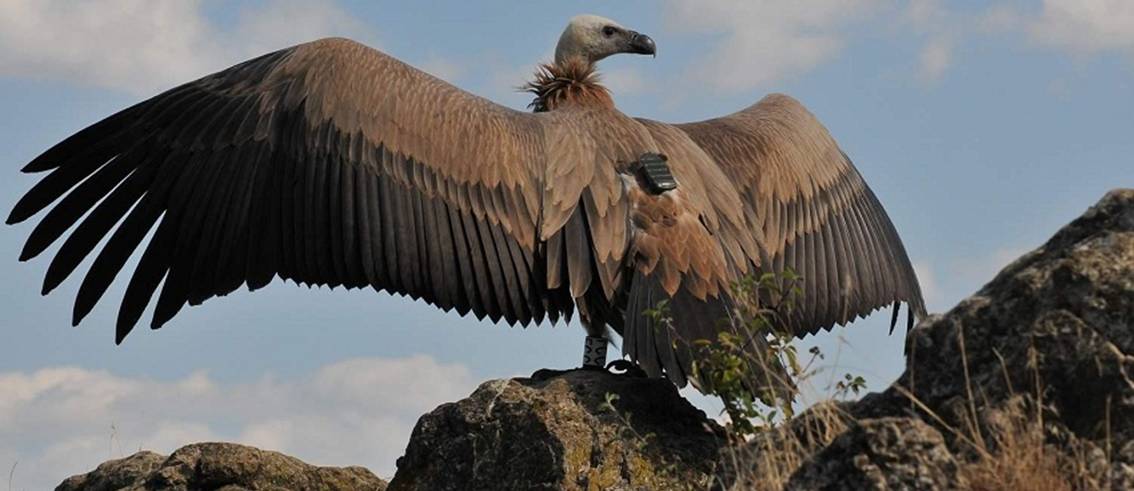Six Vultures Died From Electrocution
Griffon Vultures Face Critical Threat
In late August 2024, six Griffon vultures died from electrocution in Cyprus. This tragic event has raised serious concerns among conservationists. The Griffon vulture population in Cyprus is already critically endangered. The loss of these six birds has dealt a severe blow to ongoing conservation efforts.
The Incident Near Paphos
The vultures were found dead near Paphos, a region on Cyprus’s western coast. Initial investigations suggest the birds came into contact with power lines, leading to their electrocution. The exact circumstances are still under investigation. However, experts suspect the vultures were attempting to roost or perch on the power poles when the incident occurred. Power lines have long been a significant threat to large birds, especially those with wide wingspans like vultures.
A Devastating Blow to the Population
Before this incident, fewer than 20 Griffon vultures remained in Cyprus. The loss of six birds represents a catastrophic 30% decline in the population. This sharp decline pushes the species closer to local extinction. The situation is dire, and urgent action is needed to prevent further losses.
Ongoing Conservation Efforts
Conservationists in Cyprus have been working hard to protect and revive the Griffon vulture population. The species has faced numerous threats, including habitat loss, poisoning, and food scarcity. Electrocution adds another deadly challenge. Vultures play a crucial role in the ecosystem by feeding on carcasses and preventing the spread of diseases.
Current Conservation Programs
Several programs aim to protect the vultures. These include releasing captive-bred vultures into the wild, establishing feeding stations to ensure a steady food supply, and running public awareness campaigns to reduce poisoning incidents.

However, mitigating the risk of electrocution from power lines remains a significant challenge.
Calls for Immediate Action
The recent deaths have sparked urgent calls for action. Conservationists are urging authorities and electricity providers to take steps to reduce electrocution risks. Possible measures include insulating power lines, installing bird diverters to make lines more visible, and rerouting power lines away from key vulture habitats. Expanding protected areas for vultures to live and breed safely is also essential.
Cross-Border Collaboration
Enhancing collaboration with neighbouring countries like Greece and Turkey could help. Griffon vultures also live in these regions, and joint efforts could strengthen conservation strategies. Cross-border initiatives may provide a lifeline for the species.
A Broader Environmental Message
The loss of these six vultures highlights the broader challenges wildlife face worldwide. It underscores the need for a holistic approach to conservation.

Addressing immediate threats is crucial, but tackling underlying issues like habitat destruction, climate change, and human-wildlife conflict is equally important.
Conclusion
The electrocution of six Griffon vultures in Cyprus is a tragic event with far-reaching consequences. It serves as a wake-up call for stronger conservation measures. Without swift and effective action, Cyprus risks losing one of its most iconic and ecologically vital species. The time to act is now.




